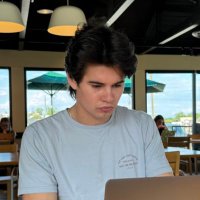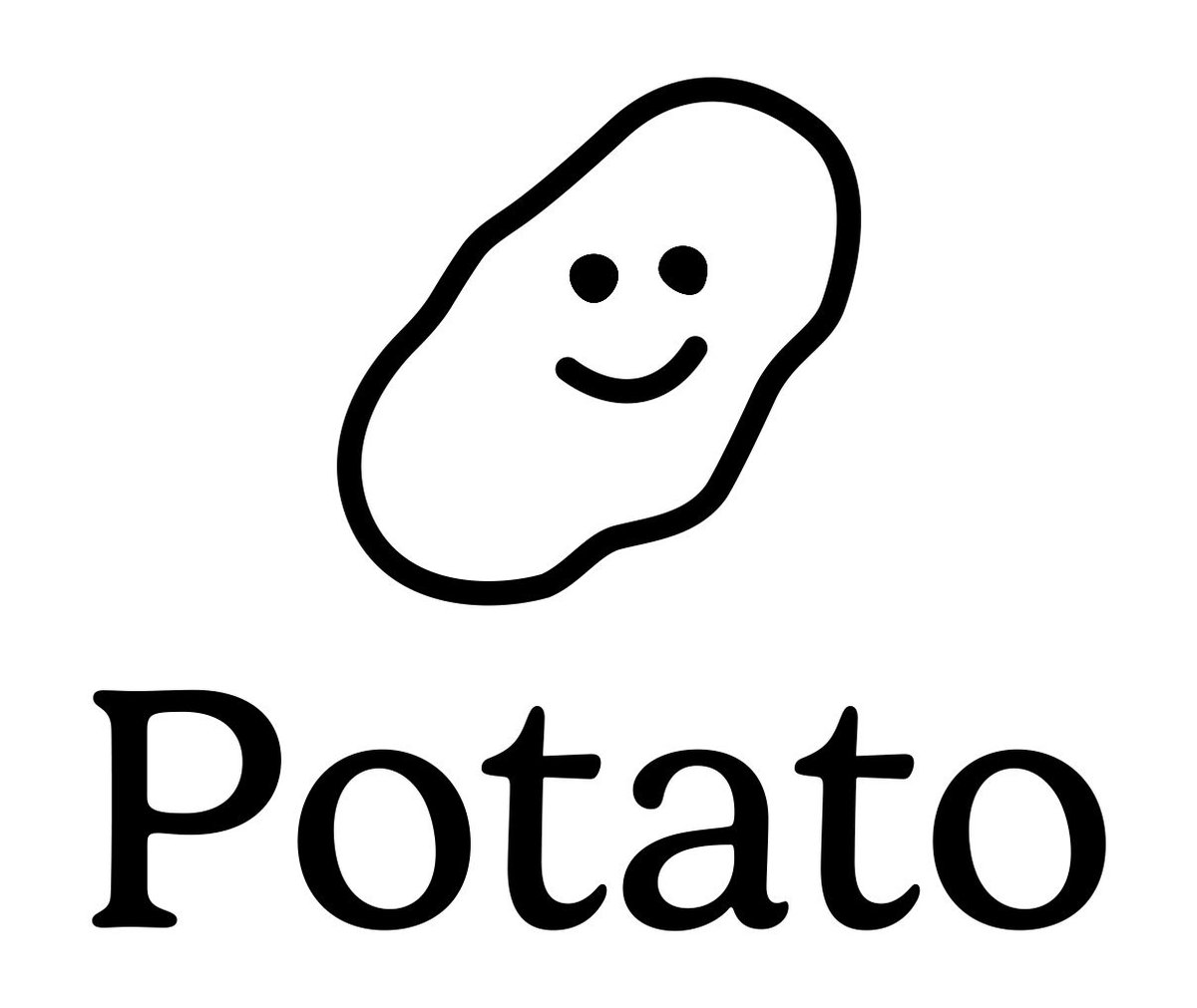
Nick Edwards
@nick___edwards
Autonomous science. Founder and CEO @readysetpotato. Former neuro at Brown, NIH, UCSD.
ID: 915687608
http://readysetpotato.com 30-10-2012 23:08:00
1,1K Tweet
1,1K Followers
931 Following




Potato CEO and co-founder Nick Edwards Nick Edwards , PhD took the #SynBioBeta stage to share his vision of “closed-loop science”—a system where AI agents generate hypotheses, plan and execute experiments, analyze the results, and iterate faster than human researchers ever



It’s not everyday you give an impromptu demo of your AI scientist to Bryan Johnson. Only at SynBioBeta Shoutout to John Cumbers for the quick photo reflex




owl (in SF june 16th-27th) Jessica Sacher, PhD Potato is solving hard problems of translating tacit knowledge human-to-human and human-to-machine Its hard to explain why this is valuable because tacit knowledge always seems trivial when you have it




